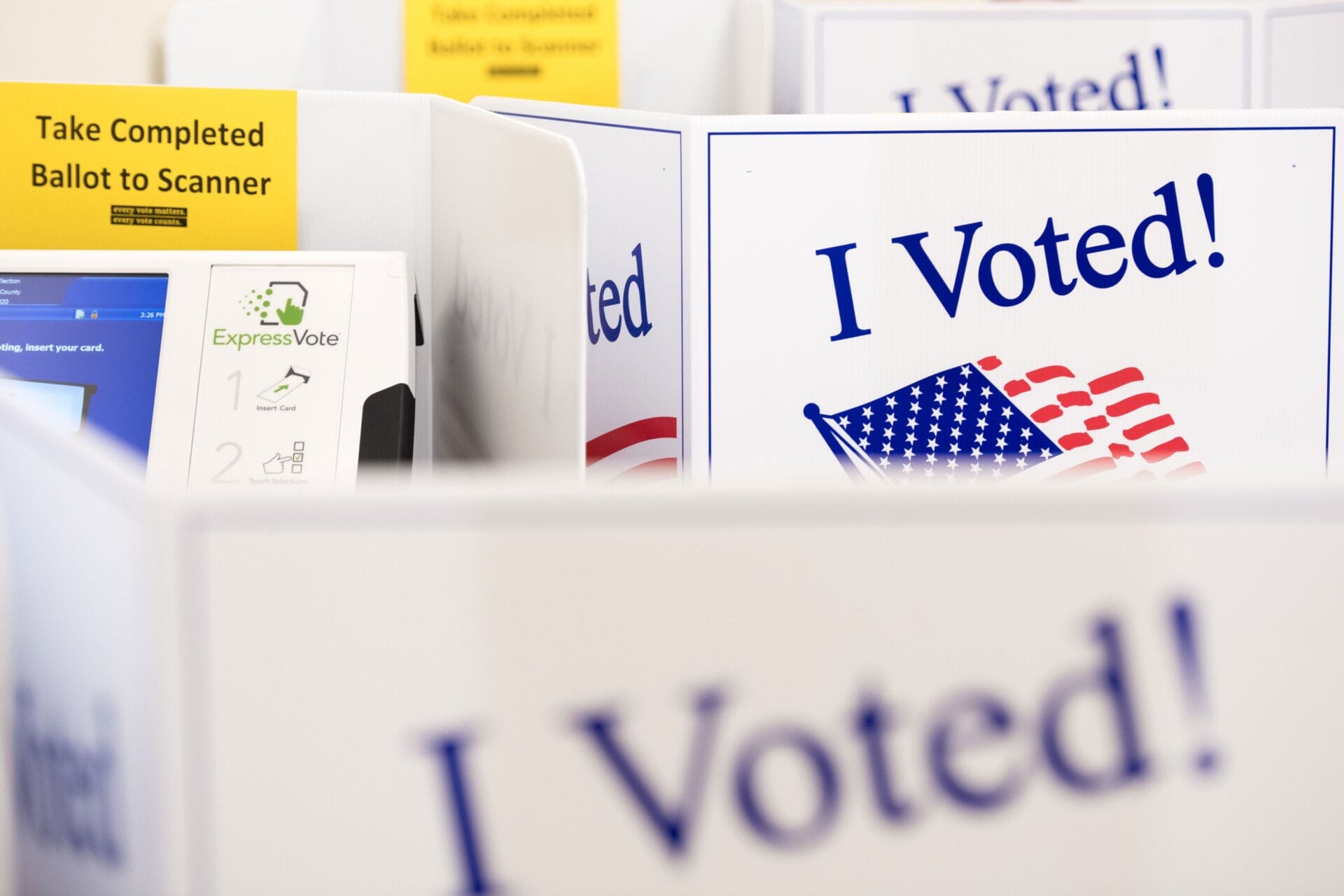Do celebrities’ voices matter in elections? New Harvard study finds they do
(CNN) — Former president and Republican nominee Donald Trump brought out Hulk Hogan and Kid Rock to the RNC last month, while Megan Thee Stallion, George Clooney and Jennifer Aniston are among the star-powered artists who have voiced support for Vice President Kamala Harris in her White House bid.
But do election efforts by celebrities move the needle? Or is it all just hype?
A new study by Harvard University’s Ash Center for Democratic Governance and Innovation, shared exclusively with CNN, found that celebrities do play an influential role in promoting civic participation.
“While some polling shows that people claim they aren’t influenced by celebrity voices when it comes to politics, more rigorous evidence indicates that these voices are incredibly powerful,” according to the Harvard study.
When celebrities promote calls to action, the study found that nonprofits report higher rates of online voter registration and poll worker sign-ups.
“Celebrities are uniquely positioned to empower everyday Americans to use their voices and exercise their civic rights,” the report states. “Celebrities are an unparalleled force in American culture, informing what we buy, what we wear, and what we talk about. With their significant influence and reach, they are powerful advocates for social and political causes.”
Harvard’s report does not examine celebrity endorsements to specific candidates or political parities, instead focusing on the role celebrities play in nonpartisan voter participation efforts, like educating, mobilizing and encouraging Americans to register to vote.
“This study focused on nonpartisan civic engagement and the ways to help empower young people to make their voice heard at the ballot box,” Ashley Spillane, the study’s author and co-founder of the Civic Responsibility Project, told CNN, adding that celebrities can help create “a culture around participation, making it fun and making it something you should care about doing.”
That’s a message that could prove critical in turning out first-time or younger voters, who “face barriers to their participation, largely due to a dearth of easily available information about the basic mechanics of casting a ballot in their state,” the study found.
“Celebrities have a unique ability to connect with younger generations in ways that mainstream media and other get-out-the-vote efforts may not be able to,” the study states. “Their control of and presence on social media positions them as centralized sources of information to be tapped into and utilized by those looking to increase voter participation.”
This campaign season has exploded across social media, with younger voters sharing cat memes (a nod to Trump’s running mate, JD Vance) and coconut tree emojis (a calling card for Harris supporters). British pop star Charli XCX boosted Harris’ Gen Z appeal with one single tweet that read, “Kamala Is Brat.” Trump sat down earlier this week with 23-year-old online streamer, Adin Ross, for an interview on the social platform, Kick, after his teenage son, Barron Trump, said he was a fan of the influencer.
Gen Z and Millennials, who will comprise the largest US voting block by 2028, spend an average of 180 minutes and 157 minutes daily on social media, respectively, which is their primary source of news, per the study.
Harvard’s researchers noted the power of social media, but also explored celebrity campaigns across mediums, including television, documentaries, merchandising and public service announcements. They looked at data from celebrity initiatives in the 2018, 2020 and 2022 election cycles, including efforts by Kerry Washington, Billie Eilish, Hailey Bieber, Trevor Noah, David Dobrik, Questlove and Taylor Swift.
For instance, in 2018, when Swift shared a post on Instagram to encourage her then-112 million followers to register to vote at www.vote.org, the organization saw its largest day of new voter registration in history, according to the report.
Other efforts researched include one by Ariana Grande, who promoted voter registration in 2019 by setting up booths at her concerts during her “Sweetener” world tour, and Kylie Jenner, who in 2020 posted on Instagram a link to register to vote, which resulted in a 1,500% increase in traffic compared to the day prior.
One of the report’s case studies revolves around Eilish, the Grammy-winning singer, who has been outspoken about voting with her young fanbase. In 2020, Eilish recruited poll workers for the organization, Power the Polls, and measured her impact with a unique URL that was shared with her followers.
Former “Daily Show” host Trevor Noah also worked with the same non-profit by making calls to action on his nightly show, which recruited more than 35,000 poll workers in 2020, according to Harvard.
YouTuber David Dobrik, who is known for car giveaways and has tens of millions of followers across social media platforms, teamed with the non-profit Headcount to gift five Teslas to those registered to vote. Per Harvard’s study, nearly half a million raffle entrants, 75% were millennial or Gen Z, and more than 65% actually went on to vote.
Washington, the actress and activist who played a political fixer on ABC’s hit show “Scandal,” launched Influence Change, which recruits fellow artists to promote civic engagement. According to Harvard, through Influence Change, Washington recruited more than 250 celebrities in 2020 to help promote voter registration, early voting, poll worker recruitment and making a voting plan.
“Democracies work best when everyone votes. As someone in the public eye, it’s important to me to remind people of their political power and to share whatever information I have that helps them to step into their power,” Washington told CNN. “Artists, musicians, athletes, actors, and creators have a unique opportunity to encourage voters. The combined reach of our networks can be leveraged to inspire participation and ensure that more people take their rightful place as active participants in our democracy.”
Washington added, “I don’t speak out because I am an artist, I speak out because I am an American.”



